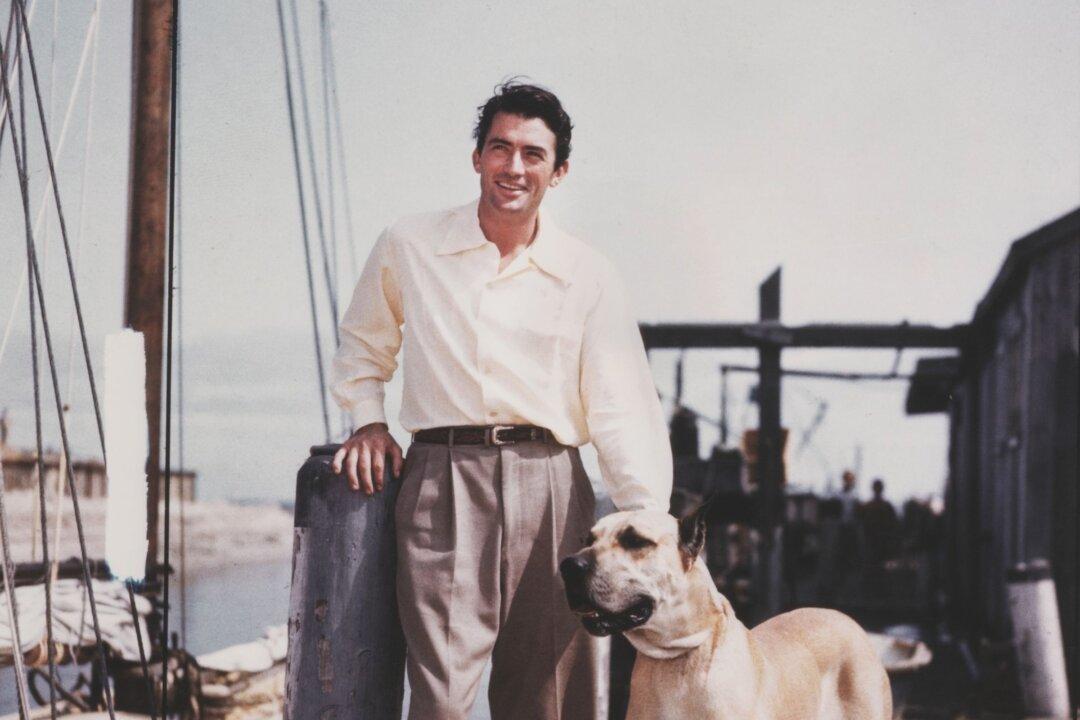What irony that Gregory Peck’s greatest onscreen success was as a character who experienced failure. Alabama lawyer Atticus Finch, defending an innocent black man in “To Kill a Mockingbird” (1962), loses his case. Still, Peck’s defeat becomes a victory, not only because he profits from a winning novel and screenplay, but also because he’s the one playing Finch.
When audiences stumbled out of darkened cinema halls in 1962, Finch to them was no longer just a lawyer from Harper Lee’s novel. He’d become a voice of fairness, a face of truth, a voice they heard too rarely, and a face they longed to see more of. The character was just a father teaching his children about the evils of racism and falsehood. But Peck had made Finch bigger.





